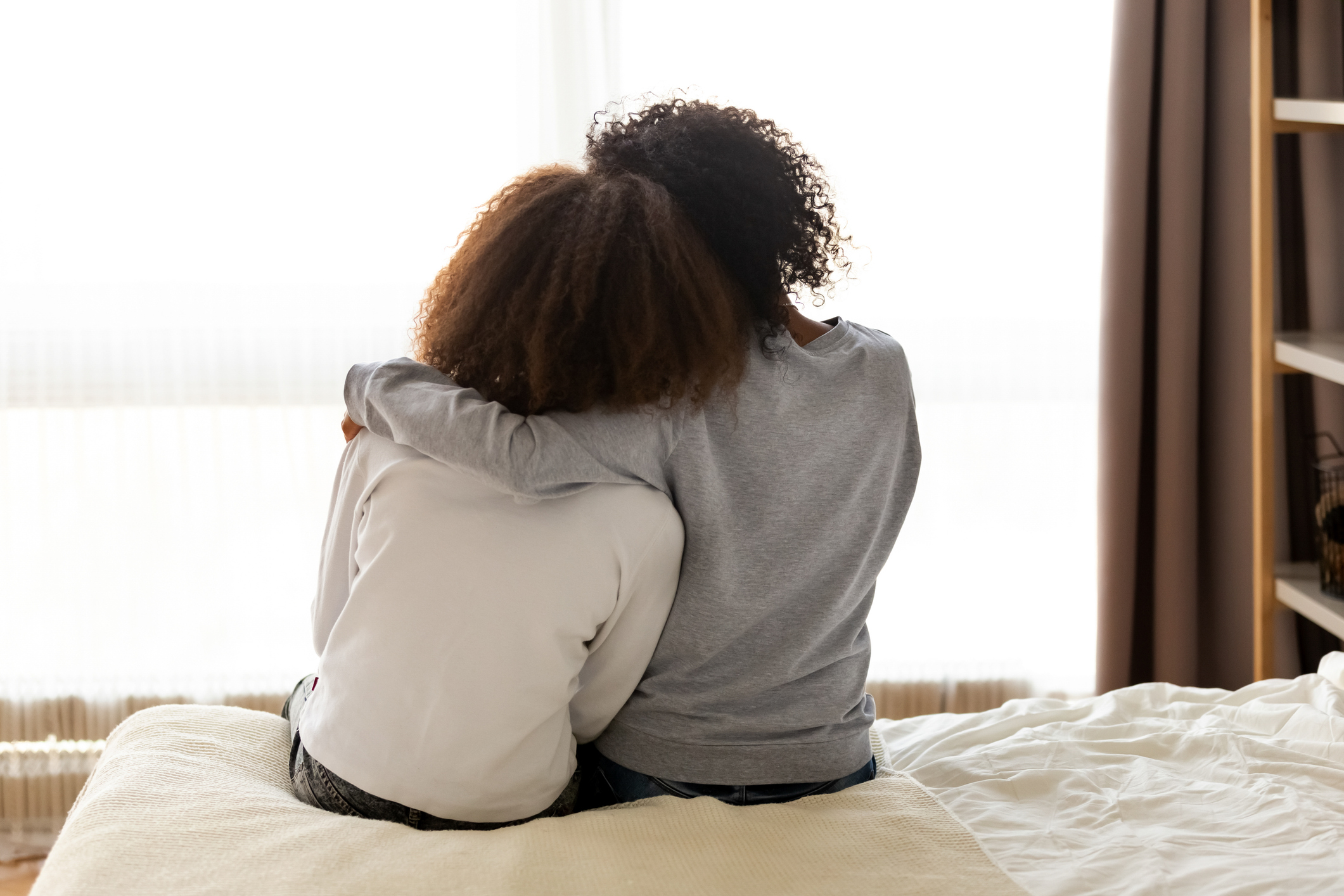How to Help a Loved One
If someone you know is the victim of interpersonal violence, knowing how to respond is critical.
What You Need to Know
Interpersonal violence does not have one look, and there isn't one right way for a survivor to respond to their experience. You may feel that your friend or loved one needs to respond a certain way to their experience, but it is important, as someone who is supporting a survivor, to allow them to heal in their own way and in their own time.
What You Can Do
Educate Yourself
One of the best things you can do as someone who is supporting a survivor is to educate yourself about the impact of trauma, the cycle of violence, the power and control wheel, and the barriers survivors face in disclosing their experience.
Listen
Listen with empathy and support your friend. Withhold your judgment and refrain from giving advice. Your role as a loved one is not to question or figure out what happened.
Empower
Help your friend or loved one to understand that disrespectful and abusive behavior is never okay and is never their fault. Remind them that they deserve respect, honesty, and open communication.
Respect Their Decision
Your friend or loved one will likely feel that their sense of choice and control was stolen. You can help restore a sense of control by respecting their decision of who to tell and when to tell about their experience.
Note that if your loved one is under the age of 18, and was the victim of an assault or abuse, it is required by law that it be reported to the authorities.
What You Can Say
Start by Believing
It takes enormous courage to tell others about a personal painful and traumatic experience. Victims who are believed and supported are more likely to report their experience to authorities and seek the resources they need to heal. If you question their account or placing blame on them could retraumatize them and make it harder to heal and seek help.
The two most important responses you can offer are "I believe you" and "I'm here for you". Avoid the urge to ask questions that investigate the experience of your friend or loved one. We often ask questions to better understand what happened so we can better support our friend or loved one, but the reality is these questions often come across as victim-blaming and may cause a survivor to feel embarrassed/ashamed.
Share Community Resources
Let your friend or loved on know about the resources available to them and support them in accessing resources. It's also important to be understanding if they aren't ready to access resources at this time; remain supportive.
Contact SAAVI
Even if your friend or loved one is not ready to seek resources, you can come to SAAVI to learn more about important information and resources. SAAVI is here to support you in supporting your friend or loved one.
Additional Resources
Trauma-Informed Response to Disclosures of Sexual Misconduct - USU Employee Guide
Support Others. Support Starts Here. - National Domestic Violence Hotline
How To Help a Friend Who May Be in An Abusive Relationship - One Love Foundation
Tips for Talking with Survivors of Sexual Assault - RAINN
A Guide for Friends and Family of Sexual Violence Survivors - PCAR.org
How to Help a Friend Who May Be Abusing Their Partner - One Love Foundation
Why Domestic Violence Victims Don't Leave - Leslie Morgan Steiner Ted Talk
The Psychology of Post-Traumatic Stress Disorder - Joelle Rabow Maletis Ted Talk
Why Women Stay Silent After Sexual Assault - Ines Hercovich Ted Talk
Learn more about Nonconsensual Tracking and Personal Trackers
Parent Discussion Guide on Youth Healthy Relationships - Love is Respect
Power and Control Wheel Gallery


